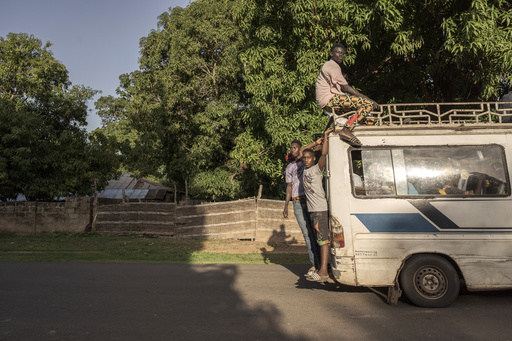In SOMA, Gambia, there was a significant debate regarding the country’s ban on female genital cutting. Metta, a mother of six who opposes the practice, actively protested against the potential reversal of the ban. After joining other women in demonstrating outside the parliament in Banjul, Metta expressed relief and joy when the ban was maintained.
The divisive issue of female genital mutilation (FGM) in Gambia, deeply rooted in cultural beliefs about women’s purity and control, led to intense discussions publicly for the first time. Ultimately, lawmakers rejected the proposal to reverse the ban on July 16, marking a victory for rights groups, although the topic continues to be sensitive and prevalent, especially in rural areas.
Despite the legislative outcome, the fight against FGM persists, with activists like Metta working diligently in communities where the practice remains widespread. The United Nations estimates that around 75% of women in Gambia have experienced FGM, a procedure deemed a form of torture by the World Health Organization.
The cultural significance and religious arguments associated with FGM stirred heated debates in Gambia. Advocates for the ban highlighted the protection of women’s rights, while opponents argued for the practice’s preservation based on cultural and religious beliefs. The ban sparked disagreement, with some perceiving it as a clash of values between tradition and outside influences.
At a local awareness meeting, activists aimed to educate women about the dangers of FGM, displaying images illustrating potential health complications. While some women expressed skepticism about the ban’s efficacy, others, like Rabietou, shared personal stories of pain and early marriage due to FGM, indicating a shift towards breaking the cycle within their families.
Metta, who underwent FGM at a young age, now advocates against the practice. She and other women in her community have begun open discussions about their shared experiences of pain and challenges related to FGM, leading them to collectively decide to end the practice. Metta is determined to protect her daughters from the same ordeal and is actively working to raise awareness and prevent FGM in her community.


